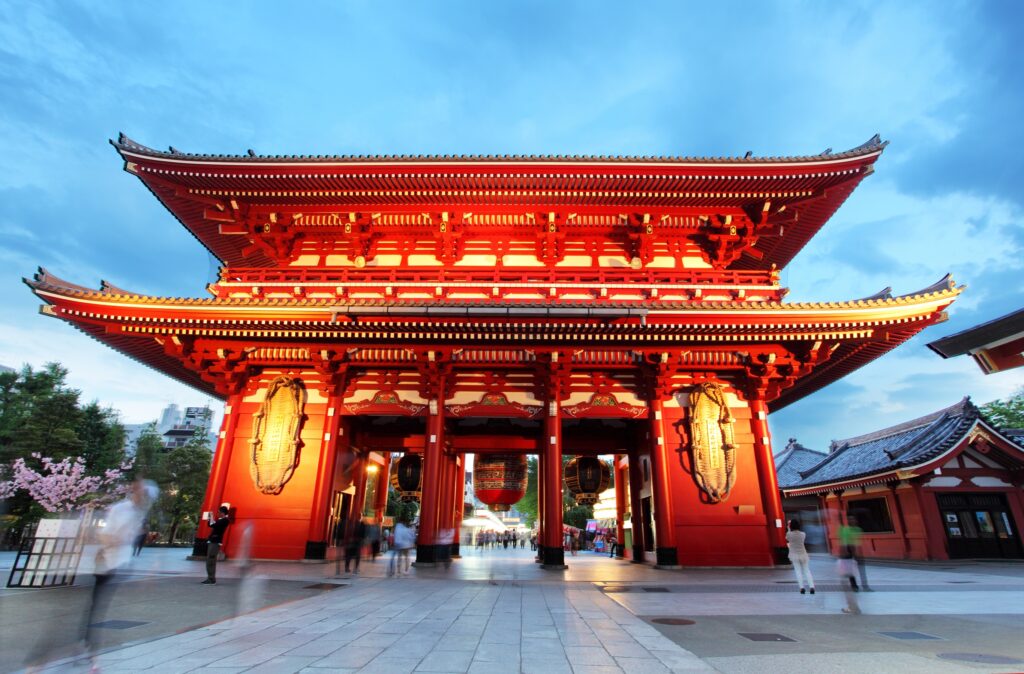Japanese Culture
Japanese and Western culture are very different and many tourists often offend locals because they don’t have a basic understanding of this unique culture.
There are two concepts of the Japanese society; Tatemae and Honne. Honne is one’s true feelings and desire, but for the most part are hidden as they may be contrary to what is expected by society. Tatemae, which literally translates to “façade” is the face you show to the world – your public persona. It’s what society expects of you and your position in life allows you to display in behaviours and opinions. Honne and Tatemae are of paramount importance to the Japanese Culture as they believe Tatemae maintains a harmonious society.
Japanese tend not to point out mistakes made by foreigners as they consider it rude and fear it may embarrass them. At the same time, they don’t really expect foreigners to adhere strictly to these rules but making an effort to be polite and show respect to their culture will be noticed and appreciated.

JAPANESE RULES & ETIQUETTE
To help alleviate misunderstandings during your visit to Japan, below are some basic cultural rules and etiquettes to familiarise yourself with.
n Japan people greet each other by bowing. When bowing to someone of higher social status, a deeper, longer bow indicates respect. Conversely, a small head nod is casual and informal. However, most Japanese do not expect foreigners to know proper bowing rules and so a nod of the head is usually sufficient. It is also common to bow to express thanks, to apologize, to make a request or to ask someone a favour.
When business men meet for the first time, they exchange Meishi (business cards). It is customary to take the Meishi with two hands while bowing. It is considered rude to take it and put it straight into your pocket, observe it for a minute and make a polite comment about the card.When entering a Japanese house, outdoor shoes are always replaced by slippers at the doorway (genkan). Slippers are provided by the host.
Before eating it is customary to say “Itadaki-masu” which can be translated to ‘Bon Appetit’. The saying “Gochiso-samadeshita” is said after your meal which indicates you have finished eating. Unlike western culture, when eating noodles such as soba or ramen, it is accepted to slurp loudly. In actual fact, it is encouraged as it is said to enhance the meals flavour. However, it is considered bad manners to burp.
Blowing your nose in public, and especially at the table, is considered bad manners.
When catching the train throughout Japan, it is considered rude and inconsiderate to talk on your mobile phone while in the carriage. Also there are silent carriages and lady carriages on many trains, please be aware of which carriage you enter and abide by the correct practise.
EASY JAPANESE WORDS
Here is some basic Japanese to help get around the village and communicate with the locals.
| ENGLISH | JAPANESE |
|---|---|
| Hello | Ko-ni-chi-wa |
| Goodbye | Sa-yo-na-ra |
| How are you? | Gen-ki-des-ka |
| Thnak you very much | Ari-ga-tou-go-zai-masu |
| You’re welcome | Dou-ta-shi-ma-shite |
| Can you speak English? | Eigo o ha-na-su koto ga de-kiru |
| Can you please help me? | Wa-ta-shi o ta-su-ke-te-ku-dasai |
| Where is the train station? | De-n-sha no eki wa doko-des-ka |
| Where is the taxi rank? | Ta-ku-shi nori-ba wa do-ko-des-ka |
| One more drink please | Mou ip-pon ku-da-sai |
